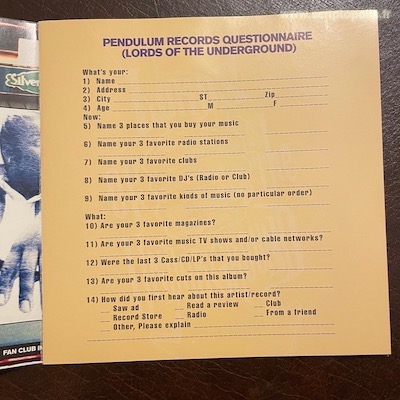Data
The GDPR, General Data Protection Regulation, has changed the life of European Internet users. Since its implementation, it has been impossible to visit a Web page without having to expressly state one’s choices regarding the use of the data that one consents or not to circulate to the countless actors of online marketing and advertising, without knowing exactly what this data is made of. For many privacy advocates, this is a considerable step forward, since before the implementation of these mandatory forms, a flood of digital traces were leaking out of our computers without us being aware of it. Others may consider that the price to pay is a bit too high. No matter what kind of decision one makes about this data, it takes at least one more click to reach its destination. Online browsing has undeniably become less fluid.
Il faut dire que l’on est bien loin des dispositifs par lesquels les mêmes acteurs s’efforçaient d’en savoir plus sur leurs clients et leurs pratiques de consommation il y a quelques années à peine. On en découvre un exemple à l’ouverture du livret d’un CD, dont la dernière page prend la forme d’un questionnaire aux multiples entrées. Difficile d’imager une figure d’usagers plus éloignée de celle que la multiplication des cookies ou des pixels-espions a fini par imposer. Découper la feuille, répondre aux 14 questions, se rendre à la poste pour envoyer le tout. Et rien n’empêchait alors d’écouter ce merveilleux album des Lords of the Underground si l’on ne se pliait pas à l’exercice. Comment appelait-on alors l’acte qui consistait à participer à cette récolte de données ? Sans doute pas du consentement.
Admittedly, this is a far cry from the mechanisms by which the same players tried to find out more about their customers and consumption practices just a few years ago. An example of this can be found when opening the booklet of a CD, whose last page takes the form of a questionnaire with multiple entries. It’s hard to imagine a more distant user figure from that which the multiplication of cookies or tracking-pixels has ended up imposing. Cut out the sheet, answer the 14 questions, go to the post office to send the whole thing. And nothing prevented you from listening to this wonderful album of the Lords of the Underground if you did not comply with the exercise. What was the act of participating in this data collection called? Probably not consent.







